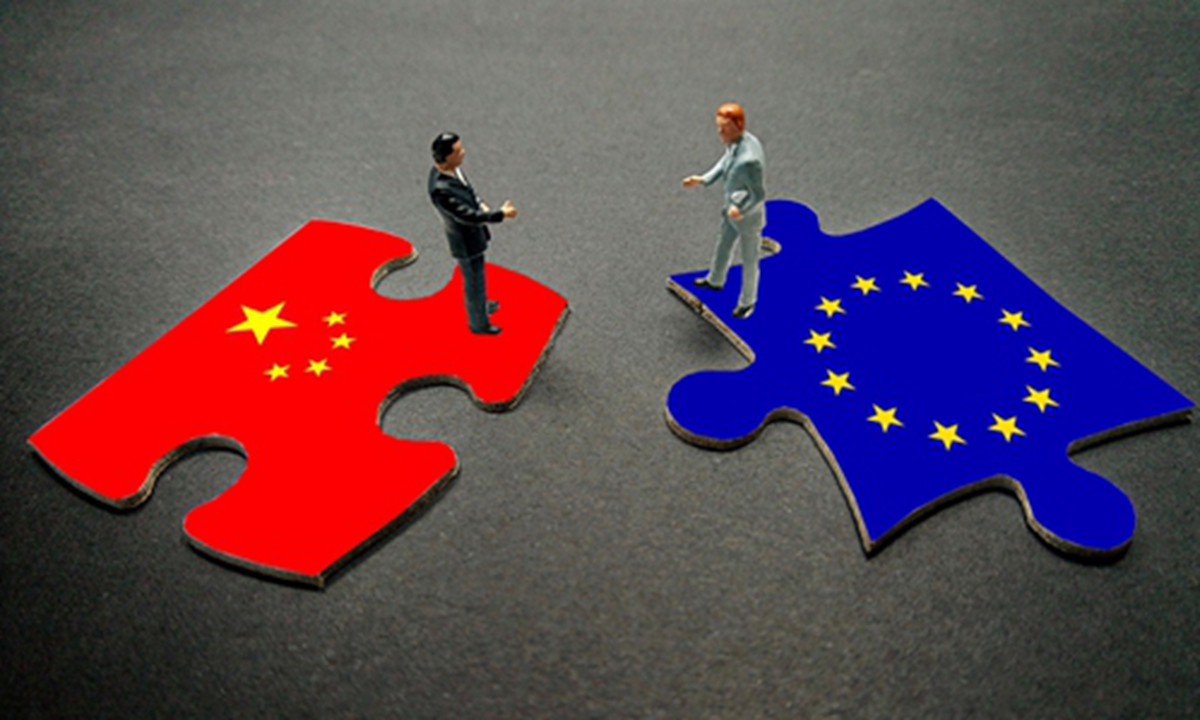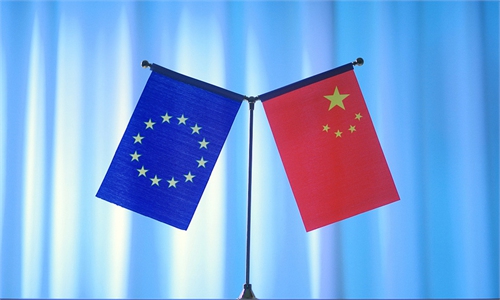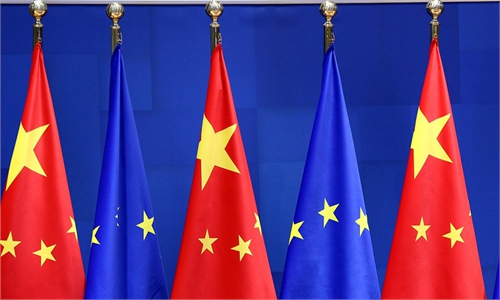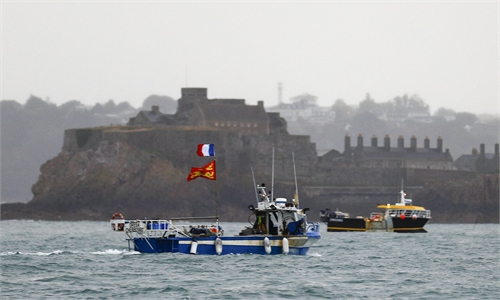
Photo: VCG
While there are no short of tough voices against China in Europe recently, reports about constructive progress in China-EU economic and trade cooperation continue to flow in, an interesting contrast reflecting that pragmatism is driving bilateral ties.During the 8th China-France High Level Economic and Finance Dialogue held on Monday, China and France signed an agreement that would allow pork exports to China from unaffected regions of France should an outbreak of African swine fever (ASF) occur elsewhere in the country, according to a list of achievements released after the dialogue.
The agreement, the first of its kind, is expected to be followed by similar agreements between China and other EU members, offering a solution to the pork trade that has been frequently disrupted by outbreaks of ASF and other diseases.
The latest breakthrough for the pork trade between China and France, or China and the EU to a certain extent, offers a positive signal to the market which has recently been concerned about the EU's increasingly tough rhetoric toward China. It seems that despite efforts by spoilers including Lithuania, the overall situation of China-EU cooperation has not changed.
For EU members or for the trade bloc as a whole, the benefits of trade with China remain overwhelmingly positive. Take Germany, the biggest trading partner of China within the EU, as an example. While China overtook Germany to become the world's largest exporter in the machinery and equipment sector in 2020, according to the German Engineering Federation, the two remain highly complementary in several key aspects, especially as China's expanding middle class offers a massive consumption market for German firms. On Monday, German automaker BMW announced it will add the production of its X5 mid-size luxury SUV to its China operations, which accounted for around a third of its total car sales in the first three quarters of this year, Reuters reported. If anything, the automaker's decision is a clear indication of its confidence in the Chinese market and the overall trajectory of the China-Germany relationship.
Nevertheless, it is undeniable that China and the EU still have some differences and challenges on a number of topics, such as the recent media hype over the EU's "anti-coercion" support to Lithuania. Lithuania challenged China's core interests over the Taiwan question before complaining about China's "economic coercion," in a case of twisted political logic.
But China-EU cooperation must avoid being hijacked by anti-China forces or individual countries. One country cannot represent or hold hostage the EU's overall stance toward China. Instead, the EU needs to restrain Lithuania from sending irresponsible signals and snaring the EU into geopolitical trap.
Tough voices targeting China based on ideological values will remain in Europe, but it is not in the EU's interest to translate those words into actions. Compared with the West's ideological attack against China, there are so many things that are far more relevant and meaningful, such as combating COVID-19, financial market stability, and climate change, which all require closer cooperation between the EU and China. In fact, one of key issues for their cooperation could be to push forward with the ratification of the bilateral investment treaty.
The EU needs to be careful not to be led astray by the US geopolitical game against China. Losing its flexibility by standing with the US will only risk its own future. The EU should have learnt its lesson from the US unilateral disruption to the international trade order, particularly during the Trump administration. China-EU cooperation is not formed on the premise of building an alliance against the US, but to better safeguard the multilateral trade order from unchecked hegemony.



